This blog may contain affiliate links, meaning I earn a small commission if you make a purchase through these links, at no additional cost to you. As an affiliate, I only promote products and services I trust and believe will add value to my readers.
Building muscle requires more than just lifting weights; it’s also about fueling your body with the right amount of calories. Many people struggle to find the right balance between eating enough to gain muscle and avoiding excess fat gain. This article will guide you through how many calories you need for muscle growth and provide top-rated Amazon products to help you meet your goals.
Understanding the Role of Calories in Muscle Growth
Calories are the fuel that powers your muscle-building efforts. When you consume more calories than your body burns, you create a surplus. This surplus provides the energy needed for your muscles to grow. However, not all calories are created equal. The quality of your food matters just as much as the quantity.
To gain muscle efficiently, you need to eat a well-balanced diet with a combination of protein, carbohydrates, and healthy fats. High-quality sources of these nutrients can make all the difference in muscle recovery and growth.
How to Calculate Your Caloric Needs for Muscle Gain
To determine how many calories you need to gain muscle, follow these steps:
- Calculate Your Basal Metabolic Rate (BMR): This is the number of calories your body needs to function at rest.
- Determine Your Total Daily Energy Expenditure (TDEE): Multiply your BMR by your activity level.
- Create a Caloric Surplus: Add 250-500 calories per day to your TDEE to support muscle growth.
You can use an online calculator to make this easier, but the general guideline is to consume about 18-22 calories per pound of body weight for muscle gain.
Macronutrient Breakdown: Protein, Carbs, and Fats
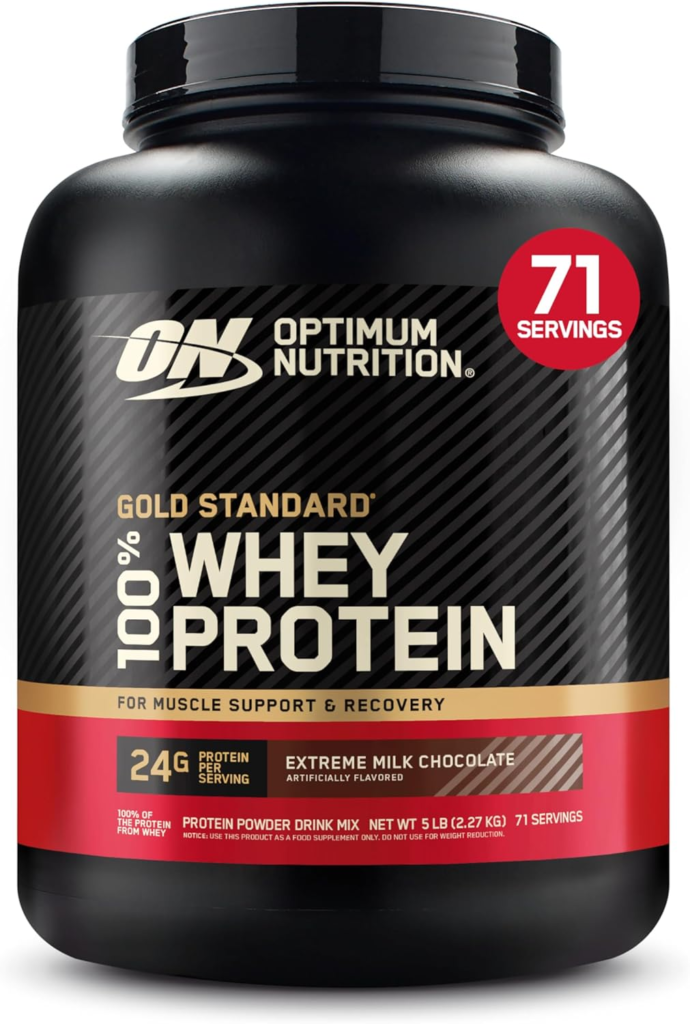
Each macronutrient plays a vital role in muscle growth:
- Protein: Helps repair and build muscle tissue. Aim for 1.0-1.2 grams per pound of body weight.
- Carbohydrates: Provide the energy needed for workouts. Complex carbs are the best choice.
- Healthy Fats: Essential for hormone production, which aids muscle growth.
Recommended Product: Optimum Nutrition Gold Standard Whey Protein
This top-rated whey protein provides high-quality protein to fuel muscle recovery and growth. It’s one of the most purchased and highly reviewed protein powders on Amazon.
Best Foods for Muscle Growth and Optimal Nutrition
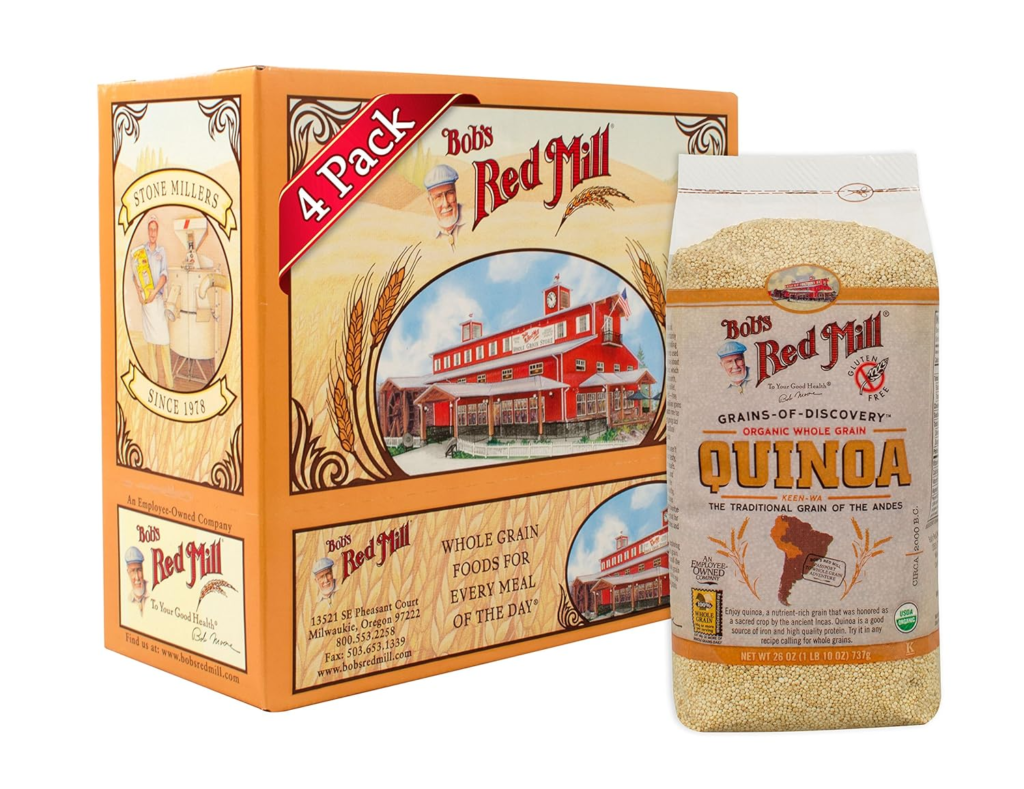
Some of the best foods to include in your muscle-building diet are:
- Lean meats (chicken, turkey, lean beef)
- Eggs and egg whites
- Fish (salmon, tuna, cod)
- Legumes (beans, lentils, chickpeas)
- Whole grains (brown rice, quinoa, oats)
Recommended Product: Bob’s Red Mill Organic Quinoa
Quinoa is a fantastic source of plant-based protein and complex carbohydrates, perfect for muscle gain.
Meal Timing and Frequency for Maximum Muscle Gain
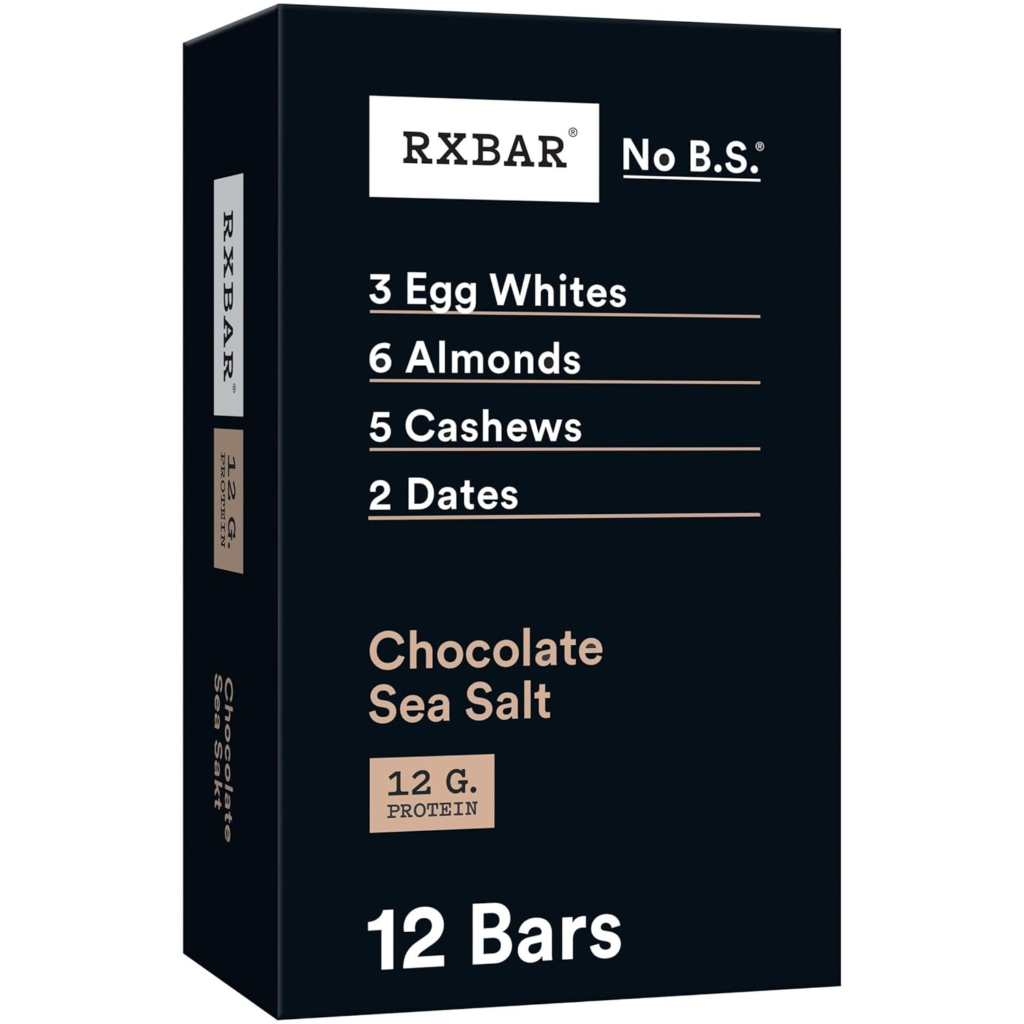
Eating at the right times can optimize muscle growth. Follow these guidelines:
- Pre-workout: A balanced meal with protein and slow-digesting carbs 1-2 hours before training.
- Post-workout: A protein-rich meal within 30-60 minutes of exercise.
- Throughout the day: Eat every 3-4 hours to provide a steady supply of nutrients.
Recommended Product: RXBAR Protein Bars
These protein bars are a convenient and nutritious way to get protein on the go, with clean ingredients.
Common Mistakes in Caloric Intake for Muscle Building

Avoid these pitfalls when trying to gain muscle:
- Eating too little: Not consuming enough calories leads to slow or no muscle growth.
- Consuming too many processed foods: Low-quality foods can lead to excess fat gain.
- Neglecting hydration: Water plays a crucial role in muscle function and recovery.
Recommended Product: Smartwater Electrolyte-Enhanced Water
Staying hydrated with electrolyte-enhanced water can improve workout performance and recovery.
Adjusting Your Calories Based on Progress and Goals
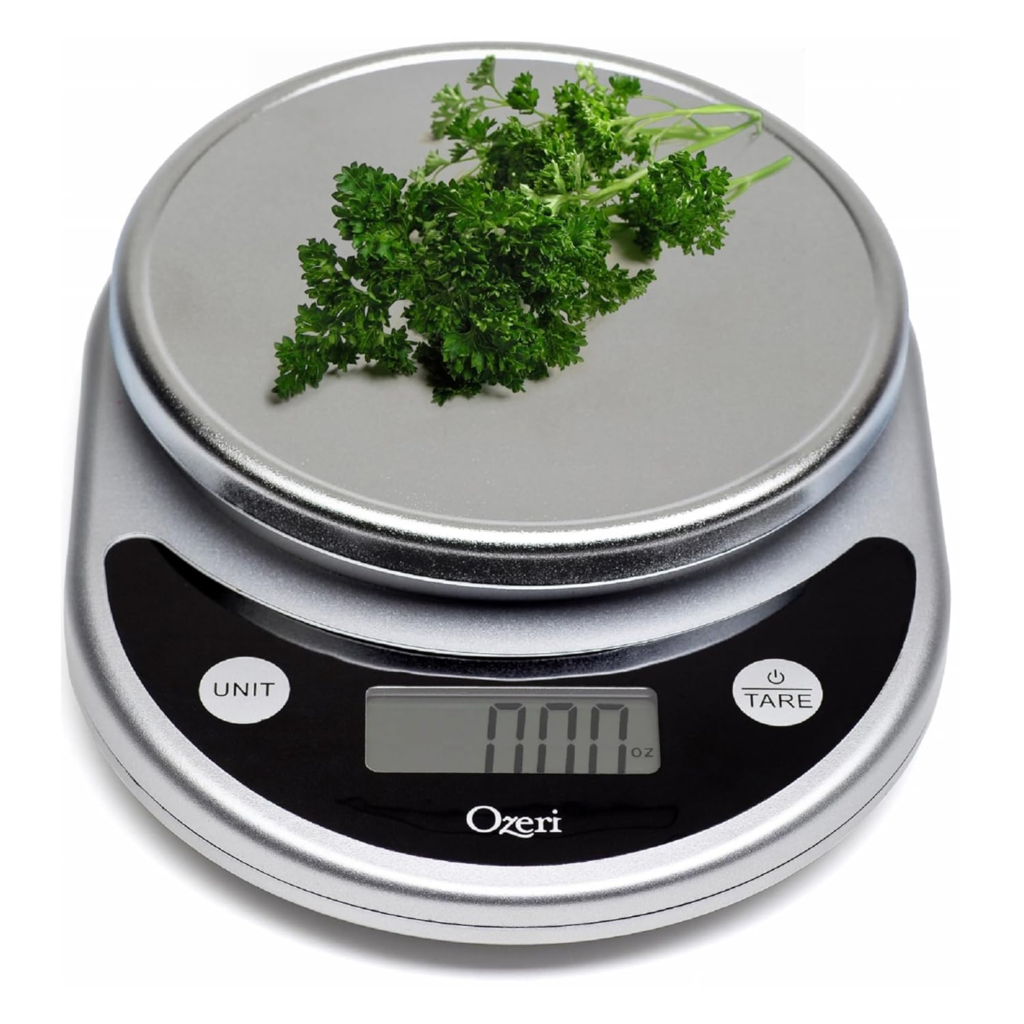
Your body will adapt over time, so you’ll need to adjust your calorie intake periodically. If you stop seeing muscle gains:
- Increase calories by 100-200 per day
- Monitor changes in body weight and strength
- Ensure adequate protein intake
Recommended Product: Ozeri Pronto Digital Kitchen
This kitchen scale helps you measure your food portions accurately, ensuring you meet your calorie goals.
The Role of Supplements in Meeting Caloric and Nutrient Needs
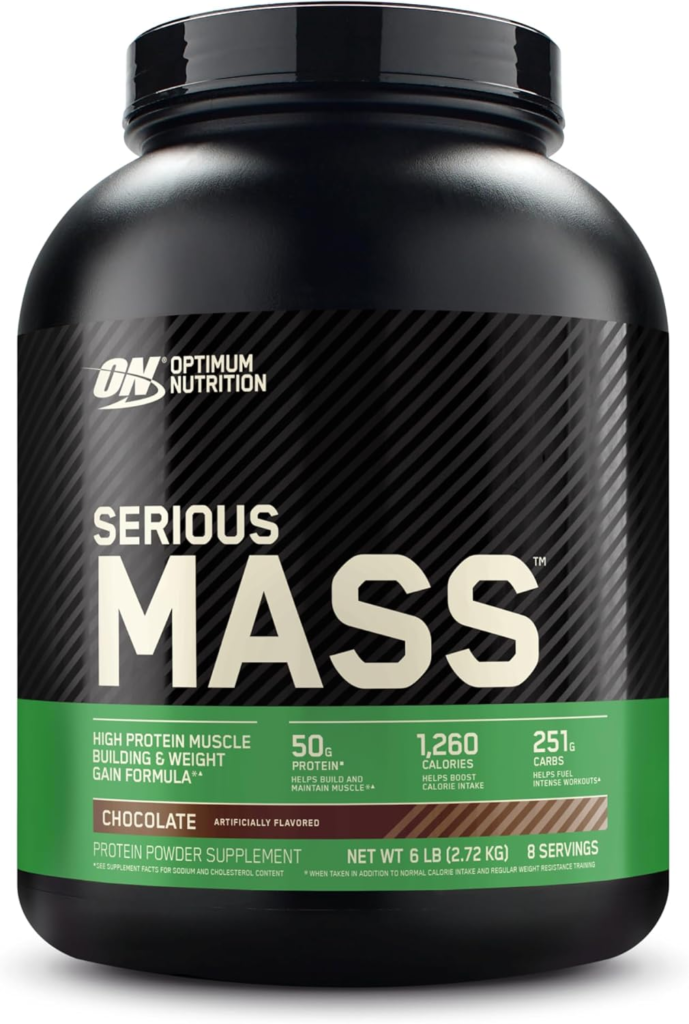
Supplements can help fill nutritional gaps, but they should complement a well-rounded diet. Useful supplements include:
- Protein powders
- Creatine monohydrate
- Mass gainers
- Omega-3 fish oils
Recommended Product: Optimum Nutrition Serious Mass Weight Gainer
If you struggle to eat enough calories, this mass gainer provides a high-calorie shake with quality ingredients.
Conclusion: Creating a Sustainable Muscle-Gain Diet Plan
Gaining muscle takes patience and consistency. By understanding how many calories you need and choosing the right foods and supplements, you can optimize your muscle growth. Whether you’re just starting or looking to refine your nutrition plan, the products listed above can support your journey.
Ready to fuel your gains? Check out the top-rated Amazon products mentioned in this article and take the next step toward your muscle-building goals!